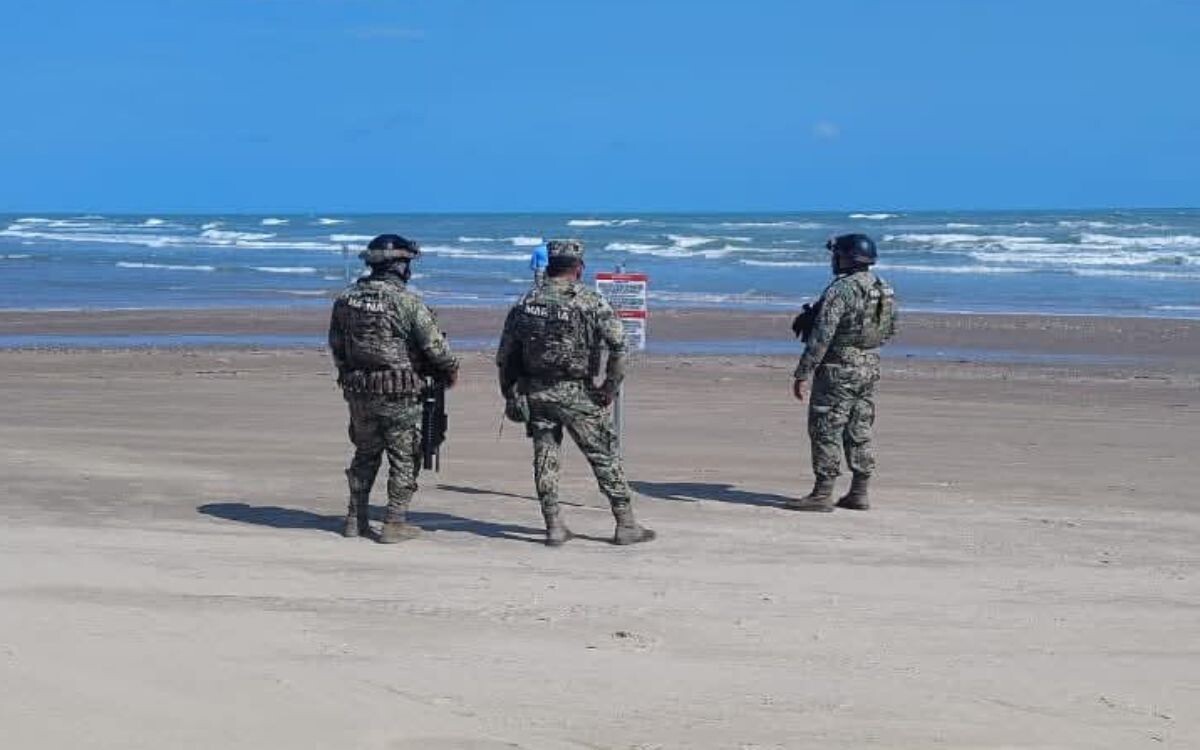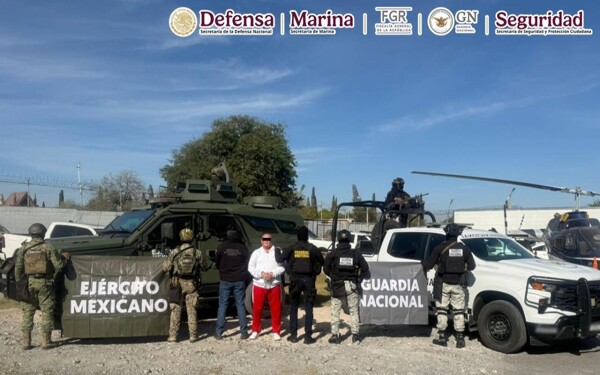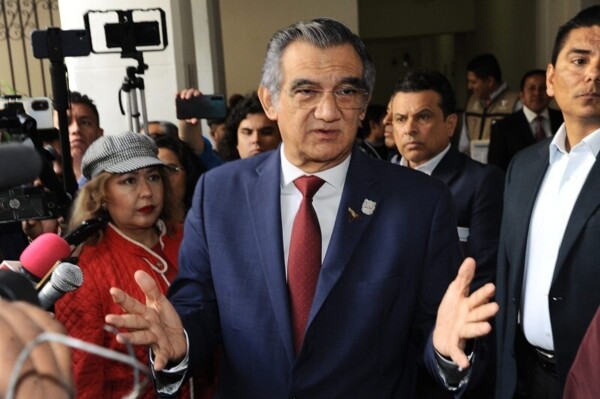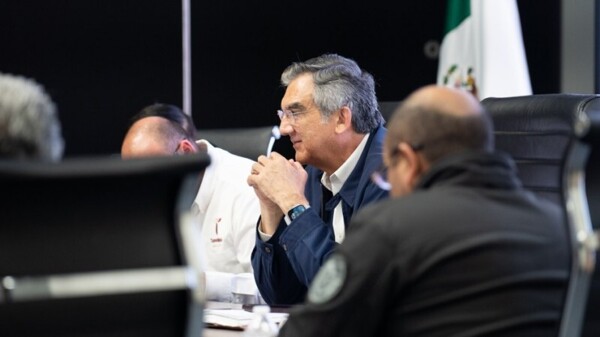
The Secretariat of the Navy removed six warning signs placed on Playa Bagdad in Matamoros, Tamaulipas, after Conibio Global A.C. denounced that they were installed by individuals from the United States within Mexican territory. The signs, which were stuck in the sand and some even in the sea, warned that the area was “restricted” and allegedly belonged to the United States Department of Defense. The Secretariat of the Navy stated in a press release that “naval personnel located and preventively removed six warning signs placed on Playa Bagdad, Tamaulipas, whose placement generated doubts regarding their origin and location in national territory”. After initial verifications, “no confirmation was identified that the signs had been placed by any U.S. authority,” according to consultations made by the Consulate of Mexico in Brownsville. The Secretariat of Foreign Relations (SRE) indicated that it has already established communication with the Embassy of the United States in Mexico to request information about the incident. The Mexican section of the International Boundary and Water Commission will begin the technical reviews provided for in bilateral treaties, in order to verify maps, instruments, and official delimitations in that border section. The Ministry of Foreign Affairs affirmed that “the necessary technical consultations will be carried out to fully clarify the incident”. The removal of the signs occurred hours after the environmental organization Conibio Global A.C. publicly denounced their placement. The group reported that around ten in the morning, one of its technicians observed “the presence of a group of people from the United States, who entered Mexican territory by crossing the Rio Grande in a boat”. According to their report, these individuals “proceeded to install several metal stakes with ‘Restricted Area’ signs, allegedly belonging to the United States Department of Defense”. “This property of the Department of Defense has been declared a restricted area by authority of the commander, in accordance with the provisions of the directive issued by the Secretary of Defense, pursuant to section 21 of the Internal Security Act of 1950. Unauthorized entry is prohibited,” a sign read. They also included restrictions on taking photographs, making notes, or creating graphic representations of the area, and stated that “all such material found in the possession of unauthorized persons will be confiscated”. Conibio Global assured that the stakes were placed “within Mexican territory, specifically at the mouth of the Rio Grande,” and expressed concern about the environmental and jurisdictional implications that such acts could generate. The organization recalled that it is an ecologically sensitive area where they have documented the presence of manatees, crocodiles, sea turtles, and migratory and resident birds, some classified as at risk or in danger of extinction. It also emphasized that the area is relevant for the monitoring of wildlife in the Gulf of Mexico coastal corridor. After the removal of the signs by naval personnel, Conibio Global disseminated images of the operation and recognized “the work of the National Army and the Secretariat of the Navy”. The Government of Mexico, through the Navy and the Ministry of Foreign Affairs, stated that it maintains communication with U.S. authorities and with the relevant national agencies to “guarantee legal certainty on the common border”. President Claudia Sheinbaum read this communiqué and reiterated that she seeks to strengthen binational cooperation while the origin and purpose of the objects placed on Playa Bagdad are clarified. In recent days, the organization Conibio Global A.C. filed a formal complaint with the Federal Attorney for Environmental Protection (Profepa) for the unauthorized incursion of the U.S. vessel “L/B JILL” in Mexican waters, so both cases may be related. Furthermore, due to the extraction of space debris allegedly associated with Elon Musk's SpaceX company. In the document addressed to the head of Profepa, Mariana Boy Tamborrell, the association stated that since 2024 it has registered “the arrival of metal and plastic remains that appear to be compatible with the internal fire-fighting system or propulsion system of the Starship rocket booster”.













